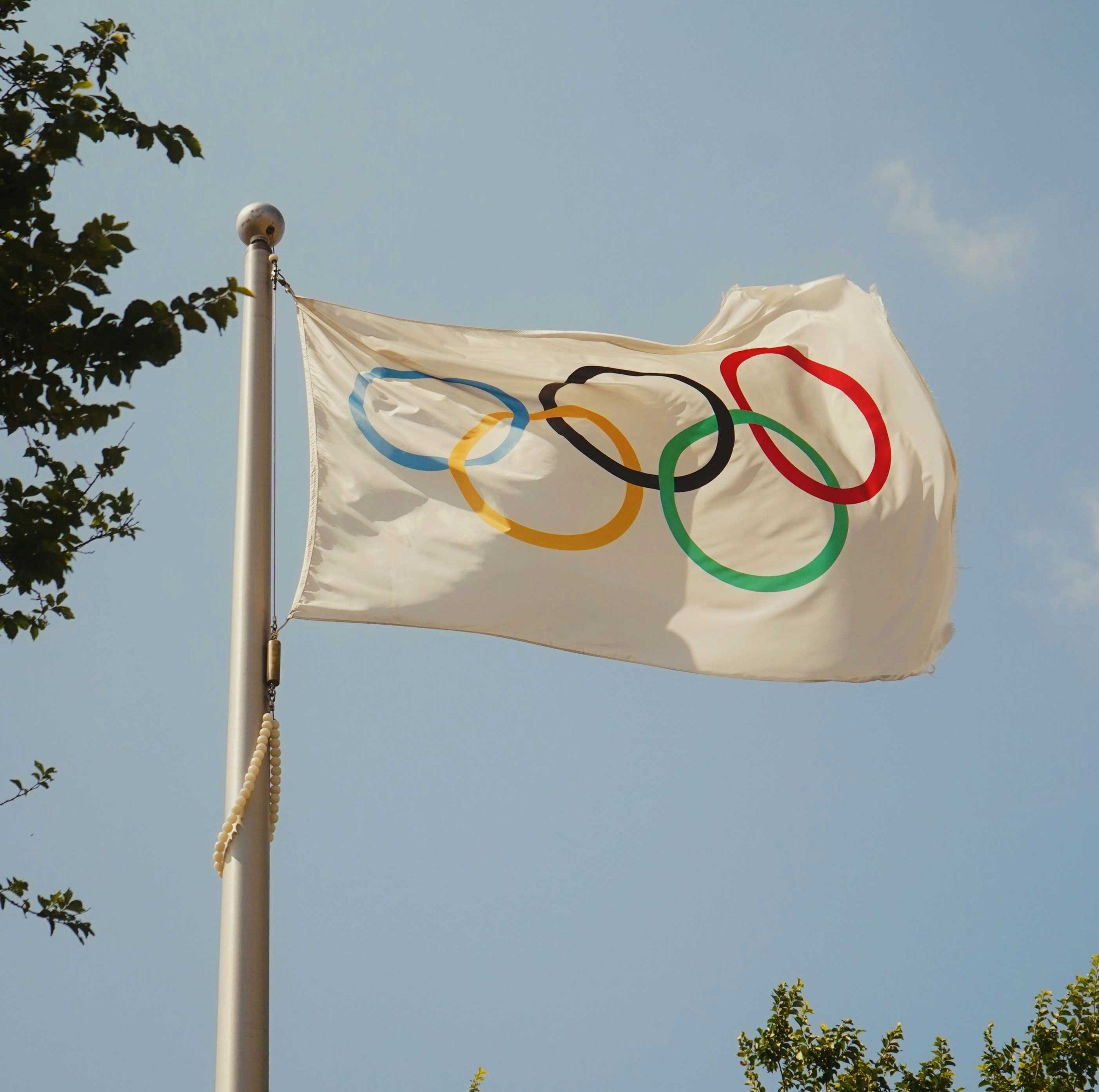New York City's phone booths are about to be replaced.
By what? You may ask.
By these:
A LinkNYC Wi-Fi hotspot outside of Jay Zs home. Photo from YouTube
That, my friends, is a public Wi-Fi hotspot. And it's free.
They may look like the monolith from "2001: A Space Odyssey," but instead of providing light-speed, mind-expanding information access to a species of primates, the Wi-Fi hotspots will ... actually, they'll sort of do exactly the same thing! (Humans are primates for those of you who slept through biology class.)
Starting this summer, Wi-Fi terminals from a project called "LinkNYC" will start appearing all over New York City.
Since at least 2012, New York has been trying to figure out what to do with all the old pay phones. They launched a nationwide competition looking for solutions, and the idea to turn them into Wi-Fi hotspots was the winner.
The project is run by CityBridge and funded in part by three tech companies: Qualcomm Technologies Inc., a smartphone chip maker; CIVIQ Smartscapes, a networking company; and Intersection, which has backing from Google's parent company Alphabet.
CityBridge plans to install 500 of these hotspots in July 2016, with the eventual goal of 7,500 appearing throughout the city.
Cities have tried in the past to provide free public Wi-Fi, and CityBridge plans to leave those efforts in the digital dust. LinkNYC terminals will provide a whopping 1,000 megabits/second (mbps) Internet speed with no ads. That's a lot faster than a typical wireless carrier offers. (One of Verizon's more expensive wireless plans is only 50 mbps.)
That's great news for New York City's many cafe writers, Instagrammers, and public porn-viewers.
Lots of New Yorkers go to coffee shops to use free Wi-Fi and pretend they're working. Photo by Spencer Platt/Getty Images.
This is also great news for the wireless market in general.
New York City offering such blazing fast Internet for free will force all Internet carriers in that market to step up their game.
“This is creating all kinds of competition,” Colin O’Donnell, CityBridge’s chief technology officer told the Wall Street Journal. “This is going to set a new standard for speed, drive pricing competition, and set new expectations for data caps."
Since New York City is one of the countries largest Internet markets, competition is beneficial to all. Among the chief providers of Internet service in New York is Time Warner Cable, which has been rated as the most unpopular company in America.
They were even voted worse than Skynet, a fictional company that literally ended humanity. Photo by Andrew Burton/Getty Images
Three hand clap emojis for New York City setting yet another major precedent.
After all, this is the same city that successfully banned trans fats and invented salt warnings for the sake of public health, recently gave working parents and caretakers legal job protection, and even planted 1 million trees to improve the environment.
Now, NYC is setting a high bar for information access in the age of the smartphone.
In 2011, the UN declared Internet access a human right, calling "upon all states to ensure that Internet access is maintained at all times, including during times of political unrest."
Starting summer 2016, all of New York City's residents can enjoy that human right free of charge and free of hassle. Perhaps it could set an example for other cities to do the same.
Frankly, it'll just be nice to have something in the city without Donald Trump's name on it.
The only question left is: Where is Superman supposed to change now?
Sorry, buddy. DISCLAIMER: May not actually be Superman. Photo by Andreas Solaro/AFP/Getty Images









 Many people make bucket lists of things they want in life.
Many people make bucket lists of things they want in life. 

 A woman is getting angry at her coworker.via
A woman is getting angry at her coworker.via  A man with tape over his mouth.via
A man with tape over his mouth.via  A husband is angry with his wife. via
A husband is angry with his wife. via 
 Thomas Jefferson's Monticello.via
Thomas Jefferson's Monticello.via  The Jefferson Memorial in Washington, D.C.via Joe Ravi/Wikimedia Commons
The Jefferson Memorial in Washington, D.C.via Joe Ravi/Wikimedia Commons
 The 1992 Olympics were held in Barcelona. Photo by
The 1992 Olympics were held in Barcelona. Photo by